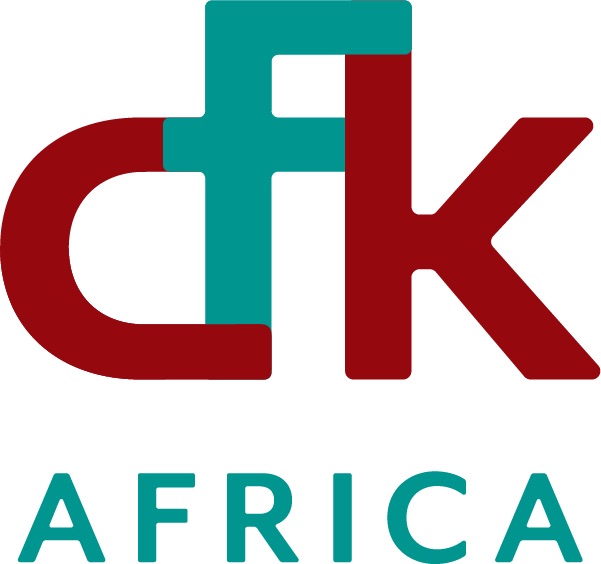Written by Madahana Mable, Early Childhood Development Field Officer
Though many children in informal settlements receive substantial amounts of their dietary intake at Early Childhood Development (ECD) centers during the day, little is known about the style and quality of feeding and care provided in these childcare centers. Poverty and other economic challenges limit the nutritional quality and amount of food given to children in these centers, resulting in stunted growth and developmental complications.
As such, ECD center interventions are a key part of CFK Africa’s strategy to provide nutrition services at the community level.

The Need: ECD Center Interventions
A survey in 2023 by CFK Africa found that malnutrition is rampant in childcare centers in Kibera, Kenya’s largest informal settlement. Nutrition screenings conducted in 10 daycare centers at three intervals during the year showed malnourishment among the students, and little to no improvement in the health of malnourished children over the course of the year. In addition to anthropometric measurements to assess malnutrition, CFK Africa staff also assessed the kind of meals that children are fed. They found that the quantity of meals is too small and consisted disproportionately of carbohydrates.
In response to the challenges CFK Africa observed, our team initiated discussions and training sessions with childcare center owners. Through the conversations, it became clear that one of the leading causes of increased malnutrition is financial constraints hindering the teachers’ ability to purchase food. Eunice Ukolo, a teacher at Little Lions Education Center, explained the need, “we were experiencing a recurring issue each month around the 20th, finding ourselves unable to afford our feeding program for students due to financial constraints,” she shared.
Recognizing the need to come up with a sustainable path that would ensure a successful learning environment and healthy growth for the children, the teachers collectively devised a solution.
A Collective Solution: The VSLA Model
Teachers committed to implementing a Village Savings and Loan Association (VSLA) model, in which a group meets to save together and take small loans from those savings. Pooling their savings during bi-monthly meetings dedicated to curriculum development, participating teachers decided to then loan money within their group at a low interest rate of 10% per month.
This has enabled the teachers to successfully apply for loans and pay back the money after receiving students’ school fees. The approach has successfully empowered teachers to access funds promptly, allowing them to buy enough food to meet nutritional standards for the children in their care, ensuring they reach physical and cognitive development milestones.
Strengthening Economic Resilience and Healthy Children

“The VSLA initiative has proven invaluable” shared Eunice. “By diligently saving, I’ve been able to accumulate enough funds to ensure that by the 20th, I can purchase essential food items like green grams (mung beans) and rice for our students. This shift has had a noticeable impact on nutrition and health. Previously, our menu was limited to cabbage and rice throughout the week, but now we can incorporate more diverse and nutritious options, such as green grams, twice a week. Overall, the introduction of our savings scheme has brought about positive changes, particularly in the nutritional well-being of our students. It’s a testament to the transformative power of collective action and financial prudence.”
So far, 9 daycare centers have embraced the initiative, benefiting from the quick loan processing procedures, as funds are disbursed on the same day of application. The funds in the shared savings account have also grown, strengthening the economic sustainability of their approach.
Judith Mtula, a teacher from Graceland School, is another teacher benefiting from the program. “Last July, we established our VSLA group,” she explained. “Since then, Graceland School has reaped numerous benefits. In our community, many parents struggle with the challenge of paying school fees in one go. However, our bi-weekly meetings have provided me with the opportunity to borrow sums ranging from 3,000 to 10,000 shillings, which have significantly supported my feeding program. This financial assistance has been instrumental in ensuring that our students don’t go hungry. Overall, I strongly advocate for the continuation and expansion of our VSLA. I am confident that it holds immense potential not only for Graceland School but also for other institutions in our community.”

Through this community-generated solution, children at ECD centers are receiving better nutrition, ensuring they can thrive. Judith reflected, “by growing our initiative, we can extend these benefits to more individuals and schools.”
